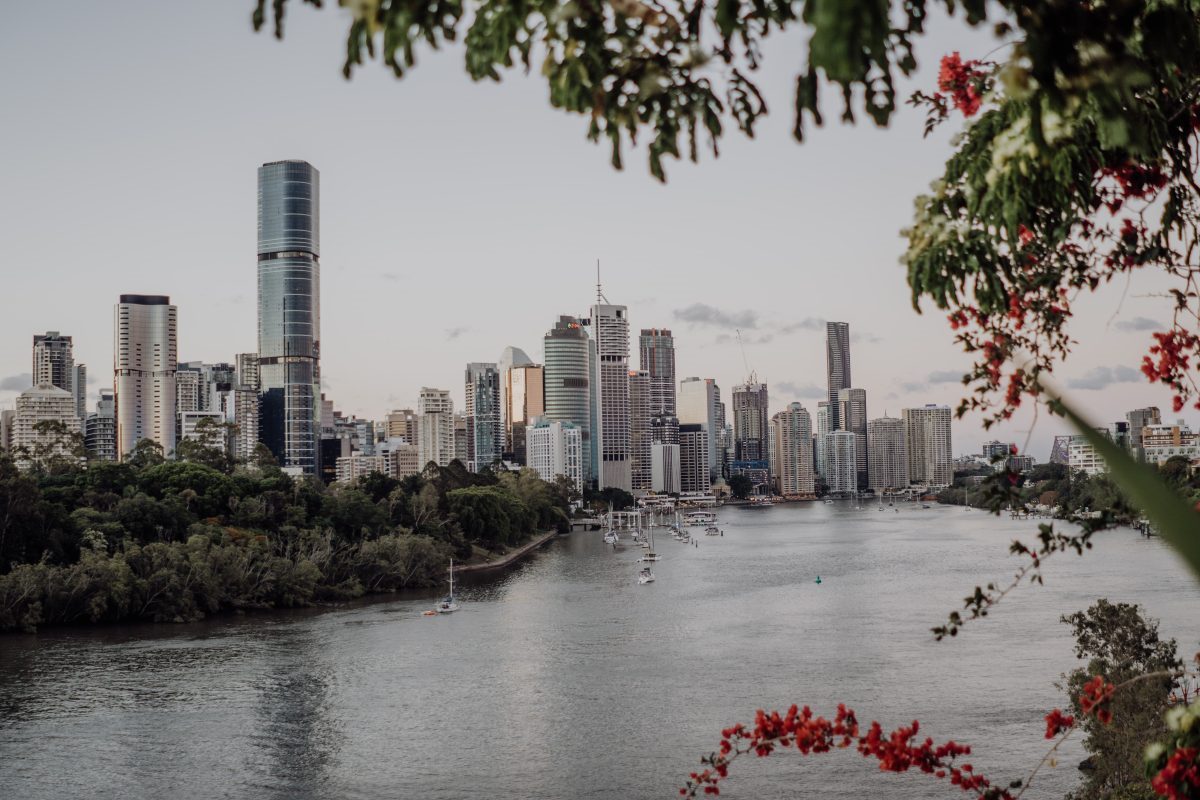Languages Spoken in Pizhou: A Comprehensive Guide
Pizhou is a city located in Jiangsu province in China. It is a beautiful city that is known for its vibrant culture, rich history, and breathtaking scenic views. The city has a population of over 1.5 million people and is a hub for various economic activities.Being a culturally diverse city, Pizhou is home to various ethnic groups, each of them speaking their language. Mandarin and English are the official languages spoken in Pizhou. However, the city has a diverse linguistic background with various other languages and dialects spoken.In this blog post, we will explore the different languages spoken in Pizhou.
Mandarin
Mandarin is the official language spoken in China. It is also the most widely spoken language in Pizhou. Mandarin is the dialect of China’s official language, and it is spoken by over 70% of Pizhou’s population. Therefore it is the medium of communication for the city’s government and various public institutions.
English
English is another official language spoken in Pizhou, mainly used by the expatriate population, tourists, and the city’s business community. The city government is currently promoting the learning of the English language to enable its residents to compete effectively in the global economy.
Wu Dialect
Wu dialect is a group of linguistically distinct and diverse dialects spoken in eastern China, including Shanghai, Ningbo, and Suzhou. Pizhou city falls under the Wu dialect division, with the majority of the population speaking the Yanzhou dialect.The Wu dialect is commonly spoken among Pizhou residents in casual settings. It is affectionately called “Yanzhounese” by locals and is unique due to its tones and grammatical structures that differ from Mandarin.
Huai Dialect
The Huai dialect is another unique group of linguistically diverse dialects found across central and eastern China, including Pizhou city. It is primarily spoken around the Huai River valley and has a distinct accent and pronunciation compared to other Chinese dialects.The Huai dialect in Pizhou is mostly spoken among older residents, and some of them prefer it over the commonly spoken Mandarin.
Cantonese
Cantonese is a dialect spoken in the southern part of China, mainly in Guangzhou, Hong Kong, and Macau. It is spoken by a small percentage of the Pizhou population among the expatriate community. It has a unique tone and pronunciation with differences in the vocabulary and grammar structures used.
Other Languages
Apart from the above-mentioned languages and dialects, there are other minority languages spoken in Pizhou. The Hui and Manchu ethnic minorities, among others, speak Arabic and Mongolian, respectively.
Final thoughts
In conclusion, Pizhou is a city with a diverse linguistic background, with Mandarin and English being the official languages. Other languages and dialects, such as Wu, Huai, and Cantonese, are still prevalent among locals, creating a unique experience for those who visit the city.The promotion of Mandarin and English in Pizhou City is crucial in ensuring the Chinese people can communicate effectively within and outside the city, thus creating a conducive environment for socio-economic development.
Languages Spoken in Pizhou: A Comprehensive Guide for Tourists
Pizhou is a charming city located in the northeastern part of Jiangsu Province in China. Its rich history, beautiful scenery and extensive culture make it one of the top tourist destinations in the region. The city has a lot to offer, and as an insider, this guide will help you explore all its hidden treasures.
Attractions
Pizhou has a variety of attractions that cater to a wide range of interests. The city is well-known for its cultural heritage, with over 2,000 years of history to explore. Some of the top attractions include the Pizhou Chateau, the Fenton Temple, the Gongwang Mansion, and the Caozhou Peony Garden. Each of these attractions tells the story of Pizhou’s history and leaves a lasting impression on visitors.
Dining Spots
Pizhou has many dining options for tourists who want to sample the local cuisine. The city is known for its traditional dishes, including Shuiyinbao, an authentic Chinese soup dumpling, and Pizhou Fried Rice, which is a flavorful dish that’s perfect for lunch. For those who want to try something different, there are also many cafes and bakeries serving delicious pastries and cakes.
Cultural Experiences
Pizhou is alive with a rich culture that is worth discovering. Visitors can enjoy a variety of festivals and events throughout the year, including the Pizhou International Peony Festival, the Qinhuai Lantern Festival, and the Mid-Autumn Lantern Festival. These festivals provide an opportunity to engage with the locals and learn about their culture, customs, and traditions.
Local History
Pizhou has a long and fascinating history, with many historic sites worth exploring. The city was once an important center of trade and commerce and played a crucial part in China’s Silk Road. Visitors can explore the history of the city through museums such as the Pizhou Museum, which houses an extensive collection of artifacts from different periods. Also, visitors can learn about the region’s ancient irrigation methods and agricultural practices by visiting the Sifangshan Irrigation System and the Huaxiang Rice Terraces.
Off-the-beaten-path Suggestions
For those who want to explore the city’s hidden gems, there are plenty of off-the-beaten-path suggestions worth considering. Visitors can hike the Longshan Scenic Area, go fishing in the Dasimao Lake, or stroll through the streets of Pizhou Ancient Town, which is the best-preserved ancient town in Jiangsu Province. When it’s time to relax and recharge, visitors can head to the Yunhe Hot Spring Resort. The resort offers healing mineral waters, beautiful scenery, and relaxing spa treatments that are perfect for unwinding after a long day of exploring.
In conclusion, a trip to Pizhou is an opportunity to experience the rich culture, history, and scenic beauty of Jiangsu Province. With this insider’s guide, visitors can make the most of their time in Pizhou, explore its many attractions, sample its local cuisine, and engage with its vibrant culture.
Table of Contents

